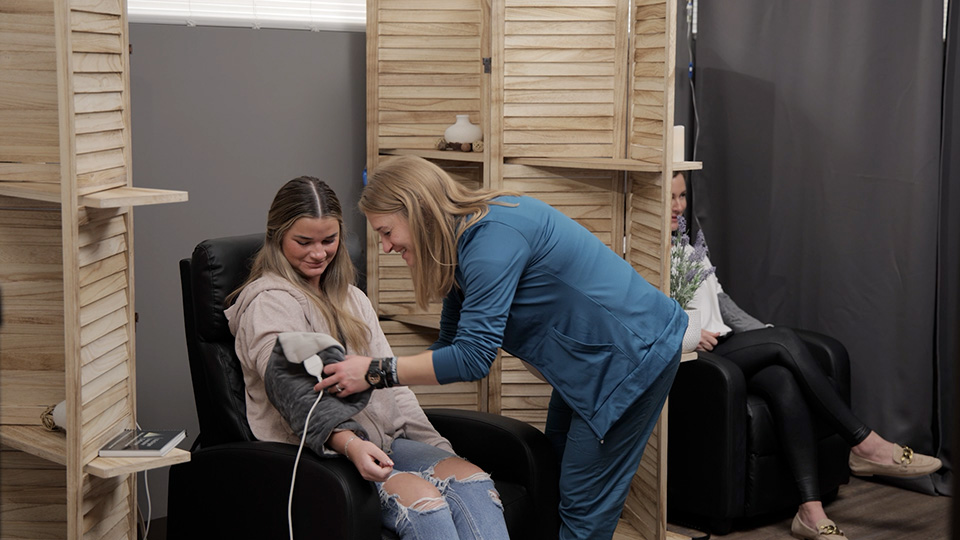Corporate Practice of Medicine in California: What Every Clinic Owner Needs to Know in 2026
California has some of the nation’s toughest Corporate Practice of Medicine (CPOM) laws — meaning only physicians can own medical practices. For medspas, IV clinics, and nurse-led ventures, compliance hinges on the PC/MSO model: a physician-owned Professional Corporation (PC) for clinical care and a non-physician-owned Management Services Organization (MSO) for business operations. This article explains how to structure your entity, set compliant fee models, and avoid “strawman” risks. Whether you’re launching or scaling a clinic, understanding California CPOM is key to protecting your license and building an audit-ready, investor-friendly practice.









